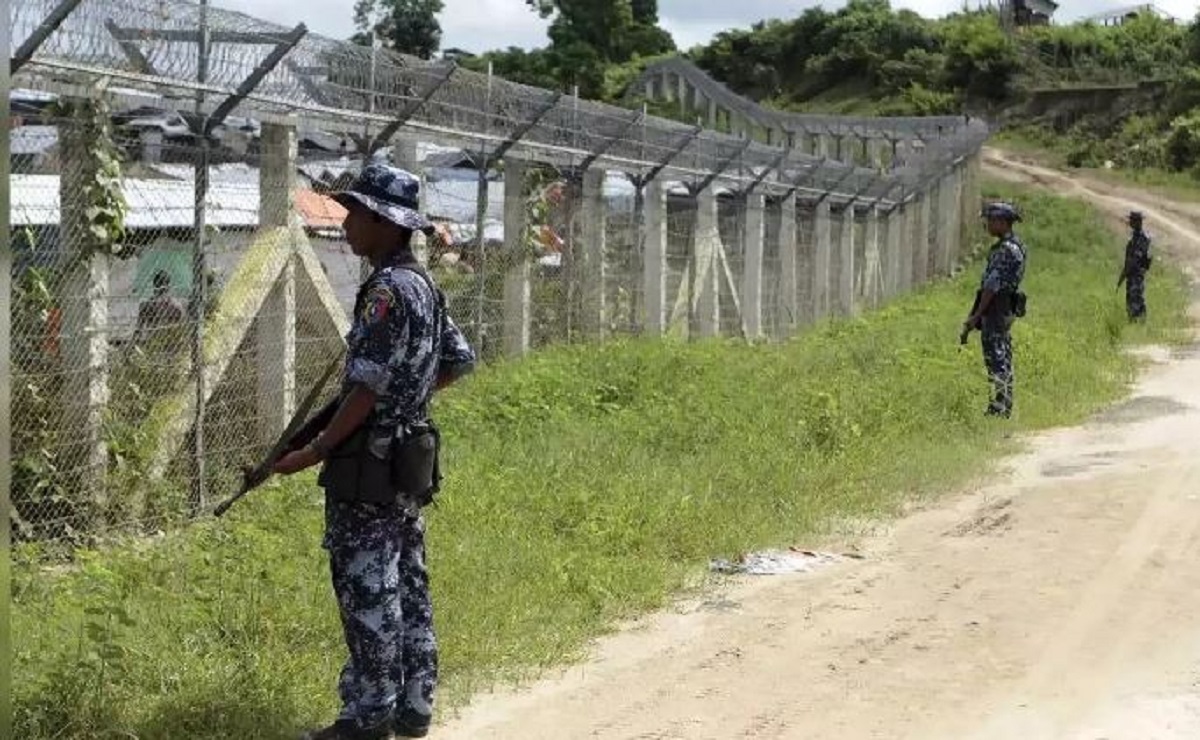In a strong message to the Centre, a traditional tribal chief in Nagaland has called for scrapping the Indo-Myanmar border fencing project, warning that the move would deeply hurt the cultural and economic fabric of the Konyak Naga community living along the international boundary.
Tonyei Phawang, the 49-year-old Angh (hereditary tribal chief) of Longwa village in Mon district, made a passionate appeal to the government to reconsider its decision. He argued that the proposed fencing and the move to reduce the Free Movement Regime (FMR) from 16 km to 10 km would divide families and isolate entire communities that have lived across the border for generations.
“My own house stands across India and Myanmar. It was originally a traditional structure but rebuilt in concrete in 2016 at the same location,” said Chief Phawang. “Today, our family’s daily movement inside the house technically crosses an international border.”
Longwa is one of the most unique villages in India, with the international boundary slicing through the middle of the settlement. Out of the 35 villages under Phawang’s traditional authority, 30 lie in Myanmar and five in India. He pointed out that Konyak Nagas on both sides of the border share close ties—familial, cultural, and economic.
Phawang noted that villagers from across the border in Myanmar come to the Indian side to access healthcare, education, and markets, as facilities are inadequate or non-existent on the Myanmar side. Many children attend the five schools in Longwa, including two run by the Nagaland state government.
“If fencing is imposed, people will need a pass to even enter a relative’s house,” he said, calling such a scenario unacceptable and unjust. “Instead of cutting down the Free Movement Regime, the Centre should think of expanding it.”
The chief also praised the Assam Rifles personnel posted in Longwa for their cooperation and assistance to local communities, including providing medical services. He emphasized that despite the open border, there has never been any trouble, and both sides have coexisted peacefully for decades.
Echoing the Nagaland government’s stance, Phawang reiterated that fencing the border and curbing the FMR would only harm the interests of the indigenous people. “We don’t want fencing at any cost,” he said firmly, urging the Centre to take a compassionate approach that considers the lived realities of border communities.




